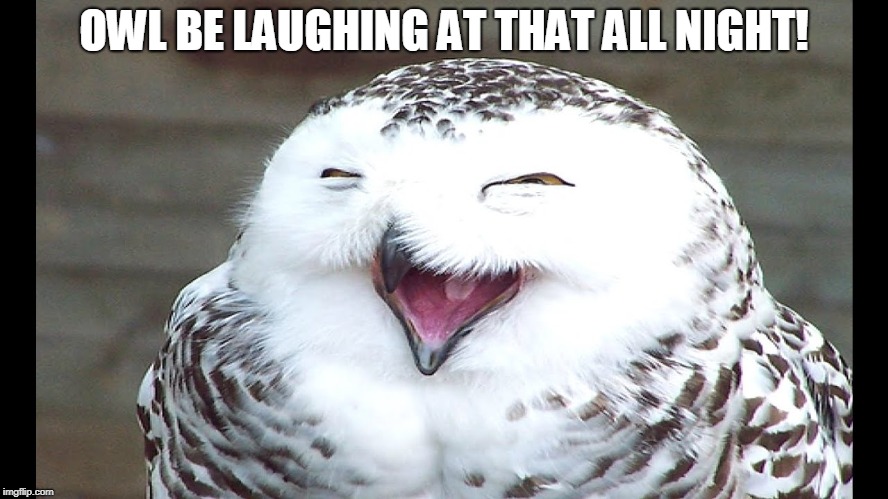

who is a pretty good Darcy, actually it's not his fault that the production values in this P&P version suck. all props to Sir Lawrence, but he's not my vision of Darcy. We begin with Lawrence Olivier from the 1940 Hollywood movie: So for me, it’s Elizabeth Garvie, but kind of in a default win. Honorable mention: Aishwarya Rai in Bride and Prejudice (I don’t even care if she’s too gorgeous): And man, is she wearing a lot of makeup in some of the scenes. I just can’t entirely buy her in the part. She’s great, and she gets extra points for just how well she plays off of Colin Firth, but I have a fundamental problem with Ehle, which is that she just doesn’t match my vision of Lizzie. She’s not well known except among P&P fans, but she actually does a very nice job with Lizzie. Second, Elizabeth Garvie in the 1980 BBC miniseries:
#Not a night owl meme movie#
(This movie also has a third strike against it, the travesty of its rewriting of Lady Catherine de Bourgh’s personality.) As one website points out, “Garson's was smirking, empty-headed and flirtatious where Ehle's was smirking, strong and intelligent." Hah!Ģ.
#Not a night owl meme tv#
It's the perfect mix of intelligence, humor and romance.īonus! A studious and completely objective discussion of the merits of the leading actors and actresses in the major P&P movies and TV miniseries.įirst up: The Elizabeth Bennet actresses.ġ. and very possibly my favorite book of all time. P&P is my favorite book of Jane Austen's. Sometimes I've been guilty of rushing through P&P, skimming over some chapters to get to the "good parts" faster, but I took my time this time around, reading it slower and more carefully, and was rewarded accordingly. And when you combine that with Austen's insight into human foibles and her sharp wit, every page is a pleasure. I adore Elizabeth and Darcy, working through their flaws (there's pride and prejudice aplenty on both sides!), willing to reconsider earlier judgments, tentatively working their way toward each other. The Gardiners are the model here, and the type of marriage Elizabeth wants to have for herself. And finally, and very gradually, we progress to seeing relationships based on reason and intelligence as well as physical and emotional attraction. Jane Austen shows us so many different types of marriages in P&P: those based mostly on initial physical attraction ( (view spoiler) ), those based on practical, material considerations those based on emotional feeling and compatibility ( (view spoiler) ). Wickham: (view spoiler) Ĭharlotte: (view spoiler) Elizabeth learns about herself from several other characters along the way: Both pride and prejudice are obstacles not just to understanding others, but to knowing oneself. The theme of self-discovery works hand-in-hand with the theme of marriage, and the tension between economic interest and romantic feelings.


Mrs Bennet has that essentially right, however misguided she is in the way she goes about it. The desperation of the marriage hunt is really the desperation of economic survival. And when the Bennets have five daughters and no sons, the seriousness of getting their girls married off increases exponentially. Marriage - however humorous the personalities and events may be - is serious business. However little known the feelings or views of such a man may be on his first entering a neighbourhood, this truth is so well fixed in the minds of the surrounding families, that he is considered the rightful property of some one or other of their daughters.Austen brilliantly sets up the world of this novel. Hope you enjoy! (ETA: Now with bonus texts and memes)įrom the first tongue-in-cheek words: It is a truth universally acknowledged, that a single man in possession of a good fortune, must be in want of a wife. I can't believe I still had them! Some of those P&P notes were actually pretty insightful, so in this review I've included some of the more interesting observations from my long-ago class. True story: I was rummaging through and throwing away lots of my old papers and souvenirs a few weeks ago and happened to run across my 30+ year old notes from a college course where we studied Pride and Prejudice.


 0 kommentar(er)
0 kommentar(er)
